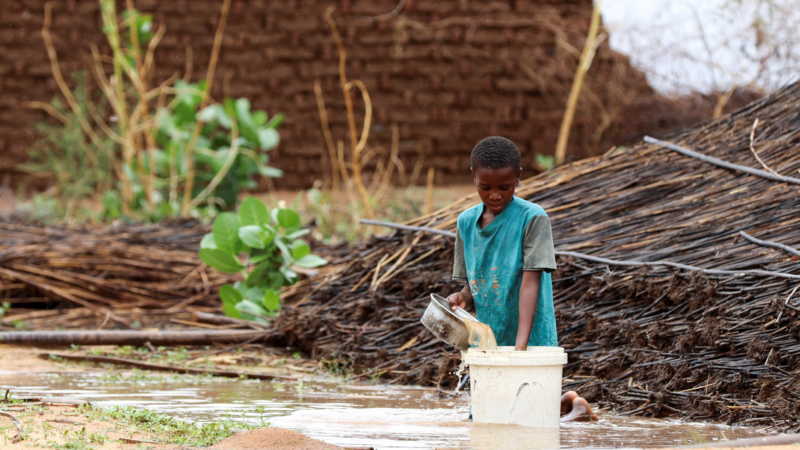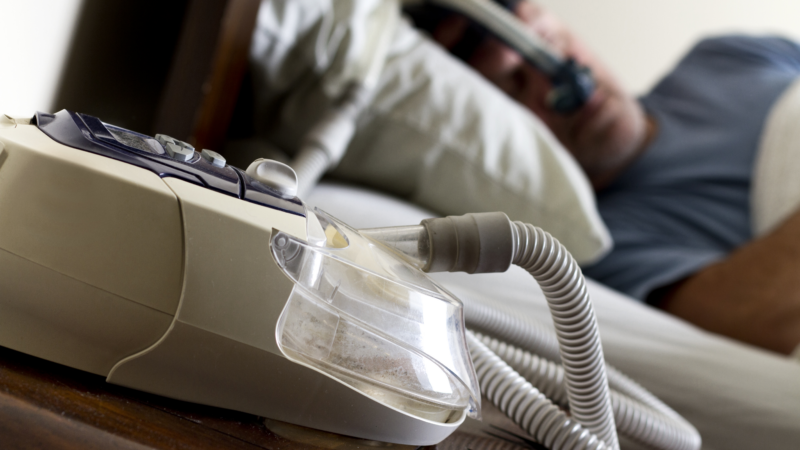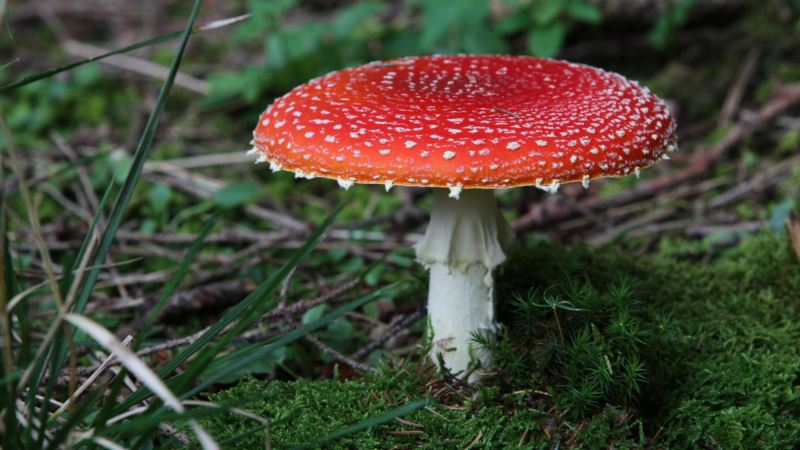The International Space Station adjusts its orbit to avoid space debris
NASA says that the International Space Station (ISS) shifted its orbit on Tuesday to avoid a piece of debris.
The debris avoidance maneuver involved firing thrusters on the ISS at 2:09 p.m. CT for 5 minutes, 31 seconds, according to NASA. This adjustment raised the ISS orbit to “provide an extra margin of distance from a piece of orbital debris from a defunct defense meteorological satellite that broke up in 2015,” the agency says.
Had the maneuver had not been conducted, the debris would have come within nearly 2.5 miles of the station, NASA also says. The debris was “small,” U.S. Space Forces-Space tells NPR.
NASA says that agency and other ISS partners were made aware of the “potential conjunction risk” on Sunday. The agency, along with the U.S. Space Force and other partners, monitored the debris before deciding to carry out the maneuver, NASA says.
The time required to move the ISS away from space debris depends on many factors, the agency tells NPR, adding that NASA and its partners “can respond within a few hours if required to mitigate the risk of a potential collision.”
Dodging the debris had “no impact on station operations,” the agency says. It also did not affect the upcoming launch of the Progress 90 spacecraft, which is an unpiloted mission to deliver food and supplies to astronauts aboard the ISS. That launch is set for Thursday.
The ISS, which travels at least 17,500 mph, is in orbit in an environment filled with hundreds of satellites and thousands of pieces of space debris.
This was the first time the ISS implemented a maneuver to dodge space debris this year and the 39th time proactive measures have been taken to avoid debris since its launch in 1998, NASA says.
In October 2022, the ISS also fired its thrusters for 5 minutes and 5 seconds to dodge a piece of debris from a Russian satellite.
The U.S. has cataloged 19,000 pieces of space debris in Earth’s orbit, not including active satellites, U.S. Space Forces-Space tells NPR. Additionally, NASA’s Orbital Debris Program Office says there are about 9,000 metric tons of material orbiting Earth. Most of the debris in lower orbit is “moving very fast and can reach speeds of 18,000 miles per hour,” NASA says.
While space debris poses minimal risks to people on Earth — a significant amount burns up when re-entering the atmosphere — it can have serious consequences on spacecraft such as the ISS and can endanger astronauts conducting spacewalks outside the station.
According to the Aerospace Corporation, which supports national security space programs, even a small a blueberry-sized piece of space debris “can create the impact of a falling anvil.” And a collision with a small piece can “involve considerable energy,” NASA says.
Some spacecraft are often struck by “very small, sub-millimeter-sized” debris with little to no impact.
Currently, there are no binding international rules governing the management and prevention of growth of debris in space. However, countries such as the U.S., Russia, China, Japan, France and the European Space Agency, have all established guidelines. These guidelines primarily involve the design and operation of new spacecraft in a way that won’t make the problem worse. There are also new technologies being tested to try to remove debris already out there.
NPR’s James Doubek contributed to this report.
Sudan’s biggest refugee camp was already struck with famine. Now it’s being shelled
The siege, blamed on the Rapid Support Forces, has sparked a new humanitarian catastrophe and marks an alarming turning point in the Darfur region, already overrun by violence.
FDA approves weight loss drug Zepbound to treat obstructive sleep apnea
The FDA said studies have shown that by aiding weight loss, Zepbound improves sleep apnea symptoms in some patients.
Netflix is dreaming of a glitch-free Christmas with 2 major NFL games set
It comes weeks after Netflix's attempt to broadcast live boxing between Jake Paul and Mike Tyson was rife with technical glitches.
Opinion: The Pope wants priests to lighten up
A reflection on the comedy stylings of Pope Francis, who is telling priests to lighten up and not be so dour.
The FDA restricts a psychoactive mushroom used in some edibles
The Food and Drug Administration has told food manufacturers the psychoactive mushroom Amanita muscaria isn't authorized for food, including edibles, because it doesn't meet safety standards.
The jury’s in: You won’t miss anything watching this movie from the couch
There's been a bit of consternation flying around about the fact that the theatrical release of Juror #2, directed by Clint Eastwood, was very muted. But this movie is perfect to watch at home.






